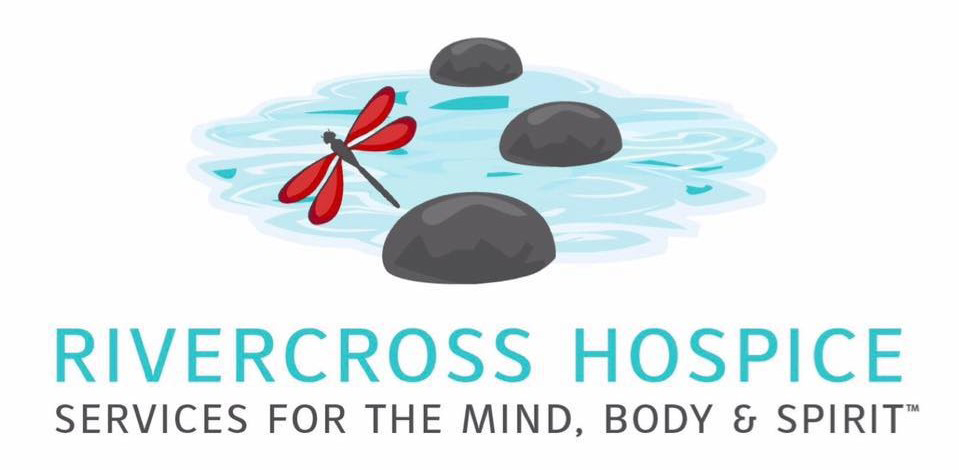Navigating end-of-life care can be profoundly emotional and challenging for families facing the impending loss of a loved one. In contexts like hospice care in Tulsa, OK, providing compassionate emotional support is as vital as tending to the physical aspects of care. Family members must know that their emotional needs are considered and supported during this considerable phase of life.
The need for emotional support in hospice settings extends well beyond the dying individual. Families often face their own set of emotional challenges, ranging from anticipatory grief to overwhelming sadness. Each family member may react differently to the situation; some might suppress their feelings, while others may express their grief through tears and frustration. Thus, the role of hospice professionals in providing support becomes an essential component of comprehensive care.
Understanding Grief and Anticipation
Anticipatory grief refers to the complex emotions that families experience during the period leading up to a loss. This kind of grief often encompasses sadness, anger, guilt, and confusion. Therefore, hospice care providers need to understand and recognize these reactions. By doing so, they can tailor their support to meet the unique emotional landscapes of each family member.

One effective strategy utilized in hospice care, settings is recognizing everyone’s stage of grief and validating their feelings. This includes providing counseling and psychosocial support and engaging families in open discussions about their emotions and concerns. These conversations can create a safe space for healing and understanding, encouraging families to express their fears or unresolved feelings surrounding the death.
The Role of Counseling and Support Groups
Counseling services are an integral part of hospice care. Families can access professional emotional support tailored to their unique needs by incorporating trained social workers and counselors into care teams. These professionals can help facilitate discussions around fears, expectations, and the realities of death. They might also offer practical advice on managing stress and looking after one’s mental health during such turbulent times.
Support groups can also provide a vital outlet for family members. Sharing feelings with others in similar situations fosters a sense of community and painful understanding. Connecting with those walking or walking the same path is powerful. Institutions like Rivercross Healthcare emphasize creating these support networks, demonstrating that no one must face these hardships alone.
Incorporating Family in the Care Process
Emotional support extends to involving family members in their loved one’s care. Families are often encouraged to participate actively in making decisions about care approaches and daily routines offered by healthcare professionals. This collective approach empowers families by giving them agency over their situation and comfort amid uncertainty and loss.
When caregivers encourage families to engage in caregiving tasks, they cultivate shared experiences that help all involved connect emotionally, deepening bonds at a time they cherish most.
Providing Continuous Care and Follow-Up Services
The journey does not end when a loved one passes away. Experienced hospice teams offer bereavement support for extended periods, helping family members cope with loss well after the immediate funerary procedures. Resources like memory-making activities, relaxation techniques, and solace in shared grief significantly contribute to emotional healing.
In keeping with the philosophy of compassionate care, hospices recognize that bereavement support is a long-term journey, not merely a one-time service. By maintaining contact with affected families over time, agencies work to foster healing in a way that reframes grief—not as something to get over but to integrate into one’s life.
Emotional support is paramount for families involved in hospice care in navigating the journey through end-of-life care. By acknowledging the complexity of grief and offering tailored support, counseling, and follow-up assistance, hospice providers can play a transformative role in helping families navigate this challenging phase of life.
At Rivercross Healthcare, we understand the profound impact that emotional support can have during this sensitive time. Our dedicated team is committed to providing exceptional physical care and addressing the emotional and psychological needs of the families we serve. If you are exploring options in hospice care in Tulsa, OK, and need support, don’t hesitate to get in touch with us for more information.




